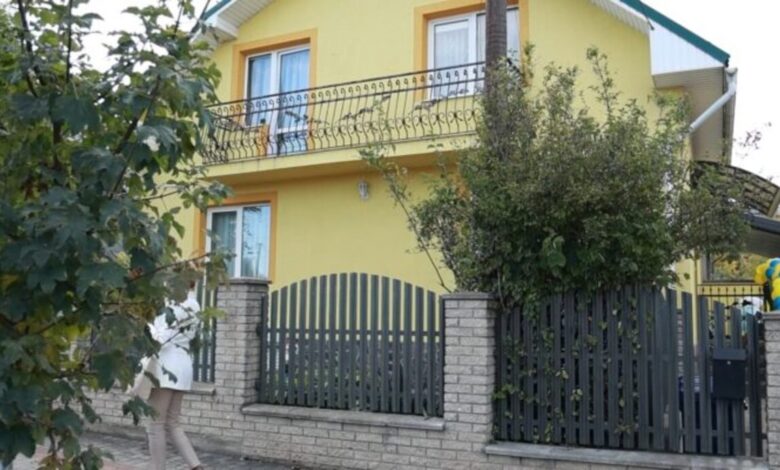20 family-type orphanages from Donetsk Oblast to be provided with new housing in safe regions of Ukraine

In the context of armed conflict, the issue of protecting the most vulnerable groups of the population becomes particularly acute. Among those who suffer the most from the war are children who have lost their parents or have been left without proper care. For these children, family-type children’s homes (FTCs) are not just a place to live, but the only family and support they have. It is especially important that these families have access to safe housing where they can receive the help they need while maintaining a family environment. Taking care of these children is a contribution to the future of society, as it is now that their personalities and values are being formed. The latest news about the relocation of family-type children’s homes from Donetsk region demonstrates the desire to protect these children by giving them not only a roof over their heads, but also the opportunity to live in a peaceful environment where war is not a constant threat.
According to Vadim Filashkin, Head of the Donetsk Regional Military Administration, by the end of this year, 20 family-type orphanages that were still located in Donetsk Oblast will be relocated to safer regions of Ukraine. This gives us hope that children who have lost their parents will be able to find peace and stability and continue to grow up surrounded by a family, even if it is a foster family.
The resettlement is taking place in the following areas: five families have already been evacuated to Kyiv region, four to Odesa region, three to Dnipro region, and two each to Vinnytsia and Ivano-Frankivsk regions. One more family has been sheltered in Poltava, Cherkasy, Kropyvnytskyi and Zakarpattia regions. This careful approach to choosing places of residence is not accidental: each community is assessed for its level of safety and ability to provide the necessary social services for children and their foster parents.
At the moment, the search for housing for nine more family-type children’s homes is ongoing, and eleven premises have already been found that may be suitable for living. Housing for these families is purchased with public funds and transferred to the ownership of local communities, which guarantees security and stability of residence for children. This is important for the families, as they receive housing for free, which frees them from additional financial obligations and allows them to focus on raising their children.
Local children’s services play an important role in this process, ensuring constant coordination and interaction with colleagues in the communities where families are relocated. This close cooperation allows them to respond in a timely manner to the needs of families on the move and provide them with everything they need: from household items to psychological support and social adaptation of children. It is especially important that every child feels needed and knows that their foster family and the state care about them even in such difficult circumstances.
Relocating family-type children’s homes is also important for preserving family unity. Children who have lost their biological parents have already gone through traumatic experiences, and separation from their foster families could further deepen their psychological wounds. Therefore, providing these families with separate housing and the opportunity to live together is important for their emotional stability and social development. This is an approach that helps to preserve and restore the values that were undermined by the war.
It is also important to note that the resettlement process itself is a complex and multi-stage process that requires efforts from various agencies and communities. On the one hand, it is necessary to find suitable housing that meets safety and comfort standards, and on the other hand, to ensure proper documentation and legal support. In the case of family-type children’s homes, this process is complicated by the fact that each family has its own specific needs that need to be taken into account when choosing housing and organising support. The state is obliged to provide not only housing, but also access to education, medical services, social and psychological support.
In times of war, every child deserves protection, especially those who have already experienced the loss of their families. Taking care of family-type orphanages and relocating them to safe regions of Ukraine is not just a gesture of support, but a necessary step to ensure the future of the Ukrainian generation. These children raised in foster care should not only have a safe place to live, but also access to a stable life where they can grow and develop. It is not just about moving to another region or a new home – it is about the opportunity to find a new life where they will feel protected and needed. And today’s support for these children is an investment in the future of the country, which will be able to recover from the war, relying on strong and spiritually enriched citizens.





